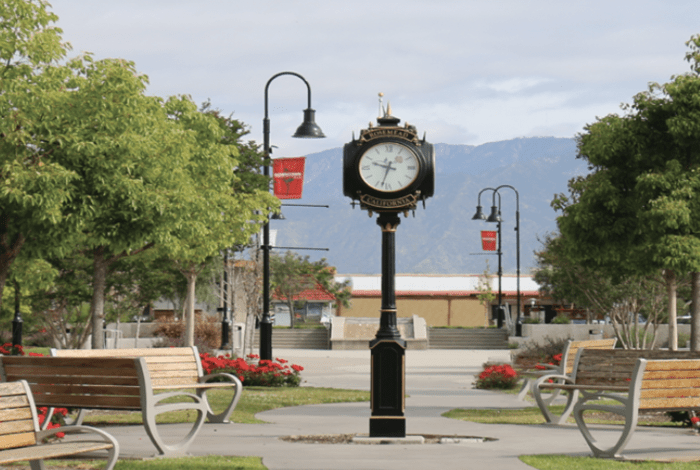The Rosemead City Council has postponed a decision on how to allocate more than $1 million in federal grants intended to assist low-income residents, small businesses, and nonprofits after several council members raised questions about funding transparency and accountability. The discussion occurred during the April 22 meeting as the council reviewed plans for the next cycle of Community Development Block Grant and HOME Investment Partnerships programs.
The council reviewed the 2025–2029 Consolidated Plan, a document required to secure federal funding through the U.S. Department of Housing and Urban Development. The plan sets priorities for affordable housing, public services, and economic development. Staff projected the city will receive about $584,000 in Community Development Block Grant funding and $228,200 in HOME program funds for the upcoming fiscal year. In addition, Rosemead still holds $338,505 in one-time Community Development Block Grant Coronavirus (CDBG-CV) funds from the federal CARES Act, designated to help residents and businesses impacted by COVID-19.
Public Services Funding Under Scrutiny
Questions arose over recommendations to award $90,000 in CDBG-CV funding to Goodwill Southern California, which proposed using the funds for intensive employment support services aimed at assisting unhoused Rosemead residents. Several council members expressed concerns about whether such services would serve enough local residents to justify the grant.
Council Member Polly Low requested data showing how many Rosemead residents Goodwill and other agencies had helped in previous years, along with projections for how many would be served in the next grant cycle. Mayor Pro Tem Sandra Armenta questioned whether a large organization like Goodwill needed substantial public funds, noting that the nonprofit’s revenue exceeded $280 million in 2022, with much of it generated through retail operations.
Management Analyst Jesse Garcia explained that while Goodwill operates thrift stores, the grant would support job placement and training programs rather than retail. Representatives from Goodwill stated they expect to serve 20 to 25 residents using the funds, emphasizing that the work requires intensive case management to help individuals transition from homelessness to stable employment.
Other Allocations and Community Priorities
Aside from the Goodwill funding, the city’s plan included allocations for several other nonprofits providing services such as food distribution, youth employment, and housing assistance. The Heart of Compassion, Family Promise, and Wealth by Health were among organizations recommended for funding.
The Consolidated Plan also proposed a $200,000 Commercial Improvement Program to support small businesses with façade and accessibility upgrades, as well as nearly $180,000 for a residential rehabilitation grant program to help homeowners repair and maintain their properties.
During the meeting, Housing Consultant Priscila Davila explained that HUD requires grantees to develop detailed plans that align with community priorities. She noted that while the city can adjust funding amounts, it must ensure the grants are used to benefit low- and moderate-income residents and meet federal criteria.
Council Votes to Table the Annual Plan
After extended debate, the council voted unanimously to approve the Consolidated Plan, the Analysis of Impediments to Fair Housing, and the Citizen Participation Plan. But the council withheld approval of the Annual Action Plan, which details specific funding amounts for each agency. Council members directed staff to return in May with additional information on each nonprofit’s mission, performance history, and proposed use of funds.
City Manager Don Kim confirmed that delaying the Annual Action Plan would not jeopardize the city’s eligibility for grants as long as the final version is submitted by August.
Council Member Sean Dang supported the delay, saying it was necessary to ensure the funds would directly benefit Rosemead residents. “We want to help as many people as possible, but we need to be sure we’re funding the organizations that will have the biggest impact locally,” he said.
The next council meeting is expected to include further discussion on the Rosemead federal grants allocations. Residents and nonprofit representatives will have additional opportunities to provide input before final decisions are made.
Closing
Residents can view the draft plans and learn more about the grant process on the City of Rosemead’s Community Development page. The council’s decision will determine how the Rosemead federal grants supports essential services, affordable housing, and economic recovery over the coming year.


